Bedtime Stories
If these walls could talk, they'd tell tales Dickens could only dream of. From secret rendezvous to political intrigue, Imogen Lepere gets the lowdown on hotels with stories stranger than fiction
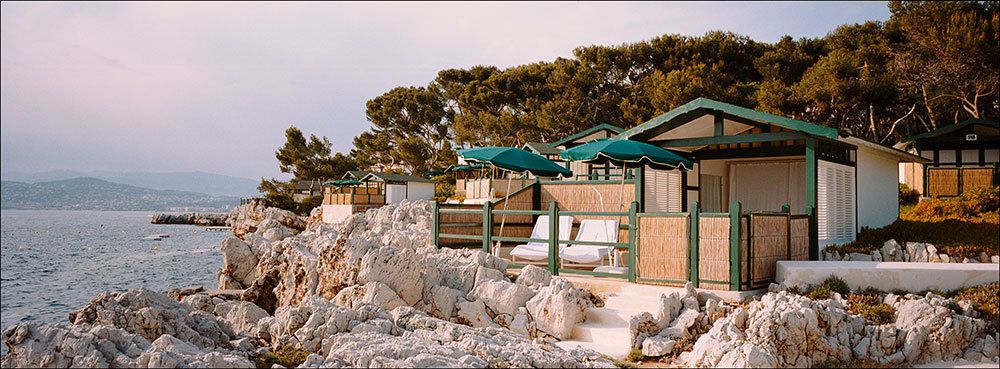
If these walls could talk, they'd tell tales Dickens could only dream of. From secret rendezvous to political intrigue, Imogen Lepere gets the lowdown on hotels with stories stranger than fiction
This exclusive address was Oscar Wilde’s last home, where he famously claimed that he was ‘dying beyond his means’ and said on his deathbed: ‘My wallpaper and I are fighting a duel to the death. One or the other of us has to go.’
We feel sure that the great wit would have lingered longer had he been staying after legendary designer Jacques Garcia let his imagination loose on the 200-year-old property. The Oscar Wilde Suite now has dark wooden panels and verdant wallpaper inlaid with golden peacocks, while the bar screams left-bank hedonism with marbled pillars and velvet drapes. It isn’t hard to picture Wilde ordering a Citrus 13 (cognac, champagne and bitter grapefruit) before dining on Vendean duckling with beetroot and figs at Michelin-starred Le Restaurant.
With just 20 bedrooms, L’Hotel is the smallest five-star hotel in Paris. It has long held a place in the little black books of big names looking for privacy, including Salvador Dali, Princess Grace and Elizabeth Taylor. We recommend the Chic rooms, which abound with historic character. To truly understand the meaning of decadence, order afternoon tea to your room, recline under the purple silk of your canopied bed and reach for a copy of The Picture of Dorian Gray.
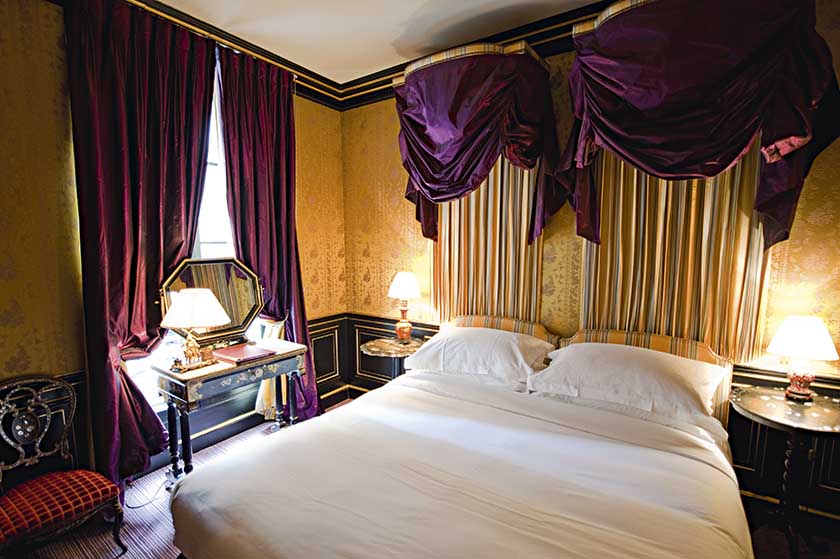
Doubles from £225, lhotel.com.
‘I have cherished the ideal of a democratic and free society in which all persons live together in harmony... it is an ideal which I hope to live for and to achieve. But if needs be, it is an ideal for which I am prepared to die.’ With these words, Nelson Mandela was condemned to life imprisonment.
When he walked free 27 years later, he retired to the home of his friend Douw Steyn in a leafy suburb of Johannesburg, where he found the peace to finish his autobiography. Two years later, Steyn converted his house into the Saxon hotel, but the serenity that soothed Mandela is still tangible. Interiors are decorated in earthy hues while ostrich egg chandeliers throw moody light over an impressive collection of African art. Four hectares of gardens filled with rhododendrons keep the sounds of the city at bay and a vast pool glistens at the heart of the property.
Don’t miss the hotel’s Footsteps of Mandela tour, an inspiring look at the places and people the former president touched in his fight against apartheid. The tour lasts for most of the day and includes Chinatown, the Mandela bridge and his home in Soweto.
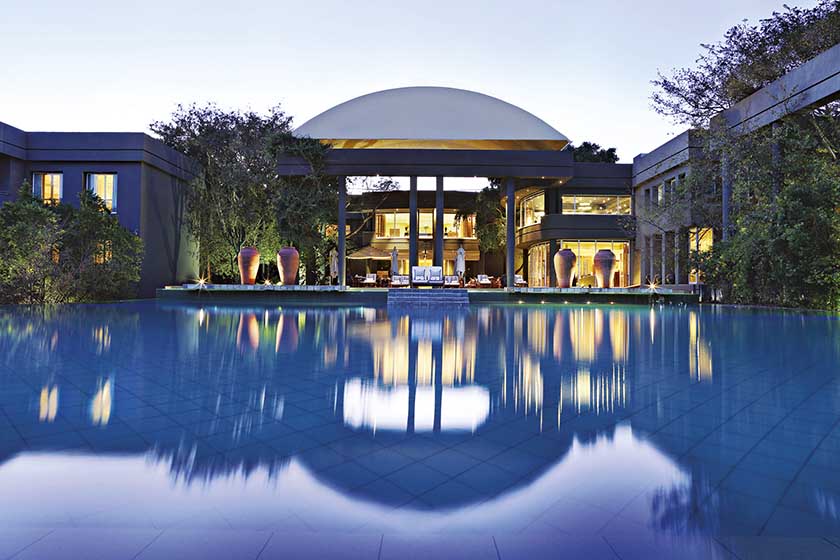
Doubles from £280, saxon.co.za.
Who shot Bob Marley? It’s a long unanswered question – and one that inspired this year’s Booker Prize winner Marlon James to pen A Brief History of Seven Killings. On 3 December 1976, assassins broke into Marley’s house, shooting his wife in the head and seriously injuring his manager. The singer escaped with a bullet to his left arm and fled to Strawberry Hill, home of his friend and record tycoon Chris Blackwell. As he recovered among the warm breezes of the Blue Mountains he wrote Natural Mystic, the troubled ballad that encapsulated the island’s uneasy political mood.
Blackwell still owns the 18th-century former coffee plantation and it has maintained much of the atmosphere of a private home. The 12 wooden cottages are influenced by colonial and Caribbean design, with four-poster beds draped in clouds of white muslin and scented by rosemary from the garden. Look out for Marley’s musical accolades adorning the walls of the conference room and stay in the Gong suite, which has lions carved into the fretwork.
Located 914m above Kingston, Strawberry Hill’s balmy climate is ideal for growing strawberries (shock), coffee and star apples in its huge gardens. For a truly mystic experience, wake up early to watch the sun rise over the misty hills from the edge of the infinity pool.
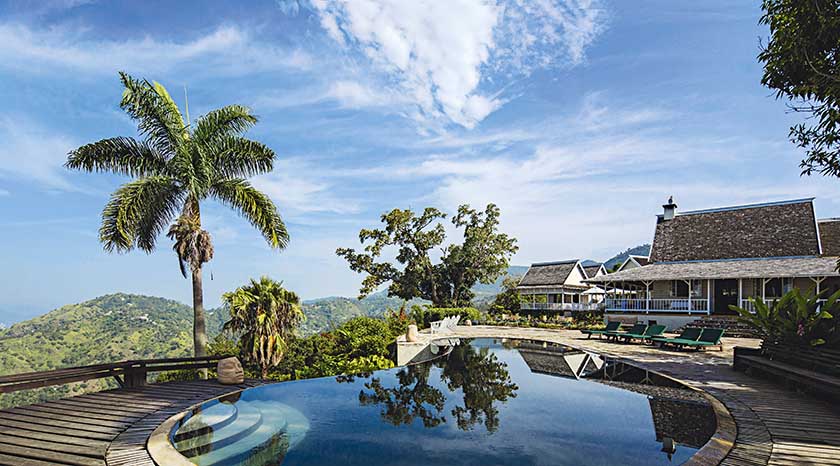
Studio suites from £230, strawberryhillhotel.com.
This Italianate mansion has an unapologetic history of power, politics and debauchery. For 300 years it has been an exclusive playground – one in which the aristocracy has indulged in infamies behind tightly wedged doors. Most known is the Profumo affair, a Cold War love triangle between a Russian spy, a 19-year-old showgirl and the Conservative secretary of state for war, which went down as one of the greatest scandals in modern history.
Now one of the UK’s leading country house hotels, each of the bedrooms is named after a famous guest and furnished accordingly.
Perhaps the TE Lawrence room’s Arabian bed drapery and oriental rugs will take your fancy, or the 18th-century artwork of the Prince of Wales suite (named for Frederick, son of King George II, who is said to have died the most English of deaths after receiving a blow from a cricket ball in the gardens).
In December, the annual carol service and dinner in the great hall will get you in the festive mood. Once the mulled wine has started flowing, whisper about the Profumo affair behind a politely raised hand.
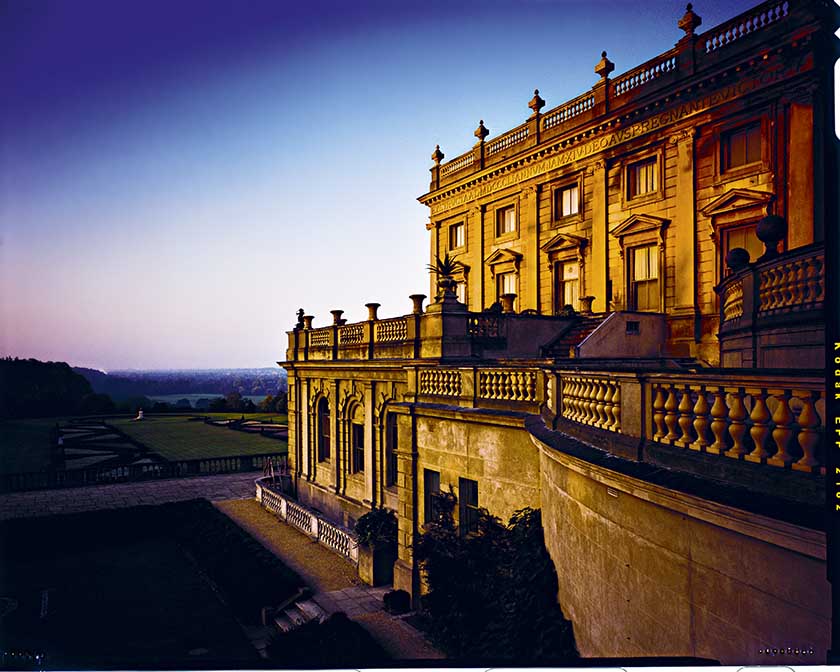
Doubles from £445, clivedenhouse.co.uk.
It’s official, the Twenties are more in vogue now than they were the first time around – and we can think of no better place to embrace your inner bright young thing than this landmark hotel. Ernest Hemingway advised F Scott Fitzgerald to give his liver to Princeton and his heart to The Plaza, and the epoch’s poster boy complied willingly, staying frequently with wife Zelda and frolicking in the hotel’s fountain after a party worthy of Gatsby himself. For total immersion in Gatsby glamour, book the Fitzgerald Suite, 65 square metres dedicated entirely to the enigmatic hero. Baz Luhrmann filmed the nail-biting denouement of his 2013 film here, so you’ll recognize art deco features like the smoky colour scheme and Odeon glass chandeliers. Spend your days Christmas shopping on Fifth Avenue and your nights swathed in ‘JG’ and ‘DB’ monogrammed dressing gowns, sipping complimentary Moët. No visit would be complete without a mint julep in The Rose Club, a bar once frequented by jazz legends including Duke Ellington and Billie Holiday.
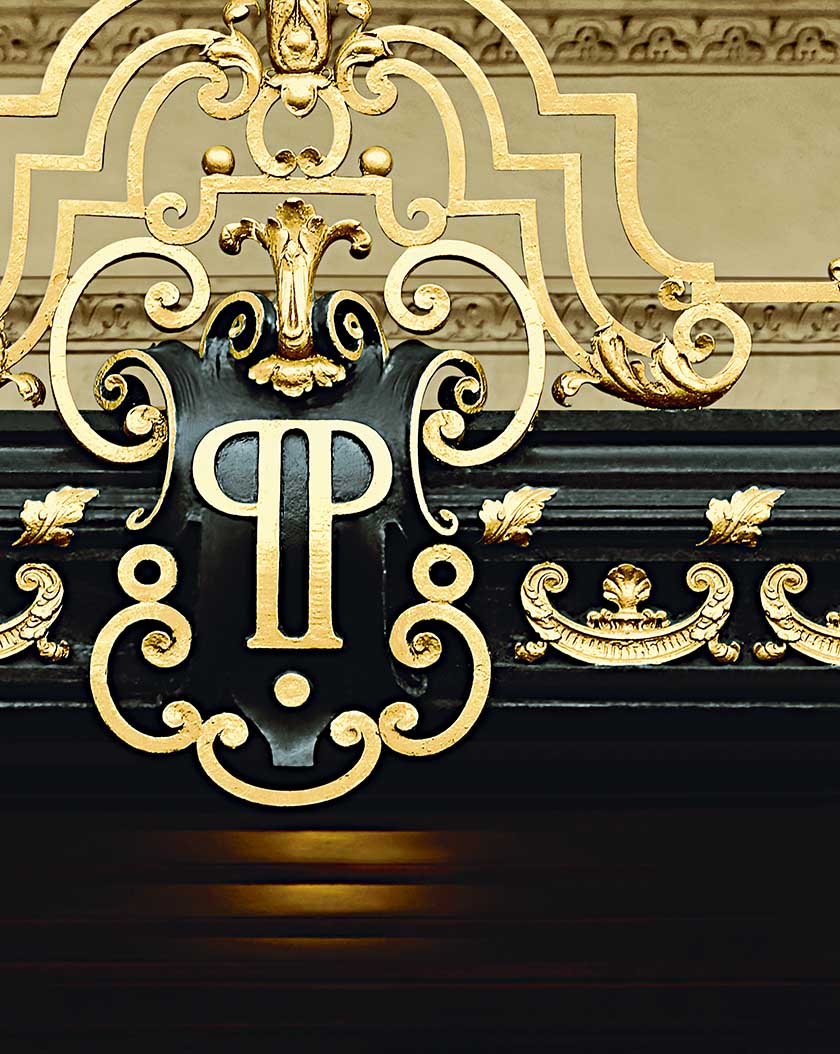
Doubles from £425, theplazany.com.
The year is 1975 and Phnom Penh is quaking under the threat of the Khmer Rouge invasion. While many have fled, ex-pats, embassy personnel and war correspondents are gathering in the Hotel Le Royal, which has been declared a neutral zone. Recalling the city’s final days, journalist Jon Swain wrote that only at the hotel was there ‘still something of the lazy charm of the prewar days’. When the city fell on 17 April it was the end of an era. Raffles is one of only two luxury hotels in Cambodia that pre-date the civil war, a physical symbol of a past largely expunged by a brutal regime.
Visit now, and you’ll once again find the charm of a bygone age: polished black and white floor tiles, art deco furniture and cool linen curtains characterise the reception rooms, while most bedrooms are furnished with locally made silks and original claw-footed bathtubs.
Dine at destination Restaurant Le Royal and be sure to order from the two Royal Dynasty menus. Some of the recipes, such as the water lily salad, were handed down as a gift by King Sihanouk before the war raged and have been treasured by the hotel’s kitchen for decades.
.jpg)
Doubles from £160, raffles.com.
Could any experience be more quintessentially Italian than staying in a former Franciscan monastery with a facade designed by Michelangelo himself ? We think not, particularly when it is located high up in the rolling Fiesole countryside with views over Florence, the Arno Valley and the hazy Chianti hills beyond.
To stay at Belmond Villa San Michele is to truly immerse oneself in Tuscan grandeur. While away hours among the lemon groves of the terraced gardens which were landscaped by monks in the 15th century, or follow the warren of Renaissance passageways to La Loggia Restaurant. With its arched terrace lined with tumbling vines and offering breathtaking views, it is among the most romantic spots in the region and has a gloriously traditional menu to boot: think carpaccio, umami-laced parmesan and rare wines.
Book the palatial Michelangelo Suite, which stretches the entire length of the facade (and was Napoleon Boneparte’s headquarters when he lived in Florence); all the furniture is custom made from cherry and walnut wood, bucolic frescoes adorn the walls in the bathroom and a vast marble fireplace creates a dramatic focal point.
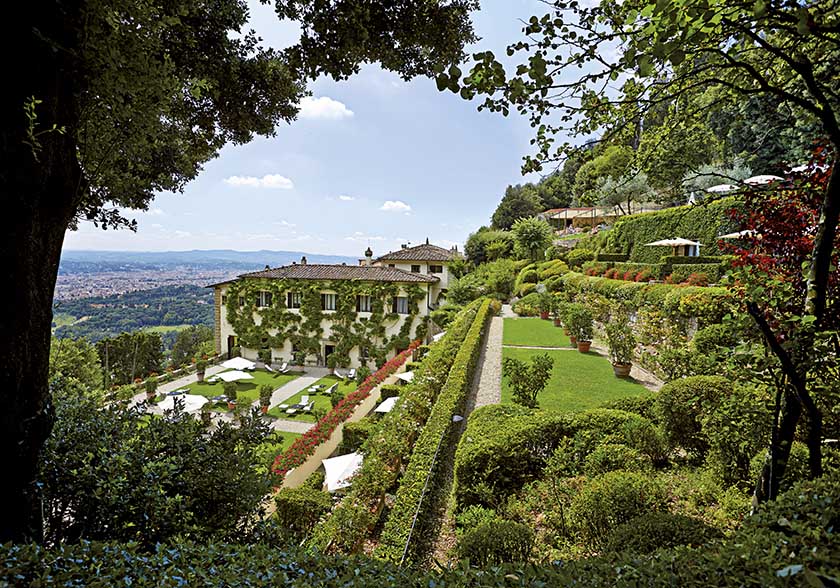
Doubles from £445, belmond.com.
This grand dame of the Cote d’Azur has had a legacy of discreet service for over 140 years. So discreet in fact that screen siren Marlene Dietrich and eminent politician Joseph Kennedy conducted their affair there over several years beneath the noses of their spouses and children. This arrangement became still more bizarre when Marlene’s mistress, a cross-dressing oil heiress called Joe Carstairs, also moved into the hotel. A young John F Kennedy looked on jealously, later consummating his adolescent crush on Dietrich – more than 15 years his senior – while in the White House.
Hotel du Cap’s enviable location and seamless service has earned it the loyalty of generations of prestigious families. Timelessness and elegance are the order of the day, with spacious rooms decorated in the country house style. It’s all tastefully patterned wallpaper, floral bed linen in soft hues and flower-filled balconies with views over the Mediterranean Sea.
Spend your days yachting around the Lérins Islands or hiking to secluded coves among rocky calanques, before dining at Eden-Roc Restaurant, the most sought-after address on the Riviera. French classics such as bouillabaisse with spiny lobster are followed by exquisite chocolates, hand-crafted by the hotel’s nine dedicated confectioners.
.jpg)
Doubles from £815, hotelducapedenroc.com.
Subscribe and view full print editions online... Subscribe